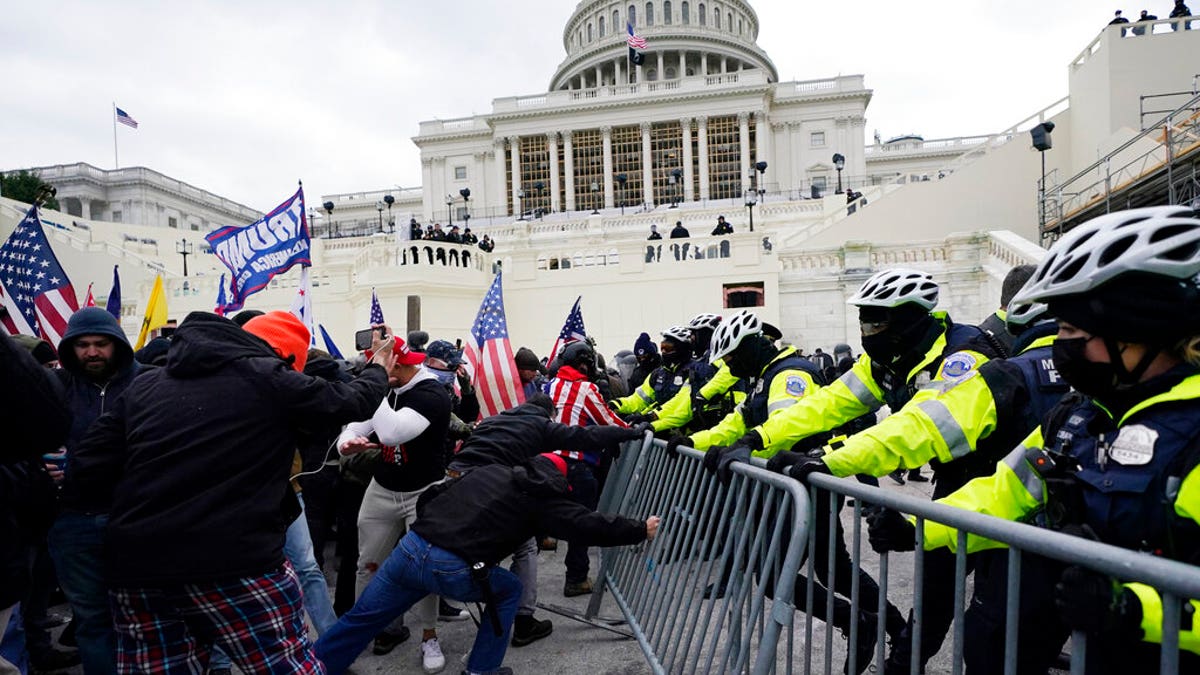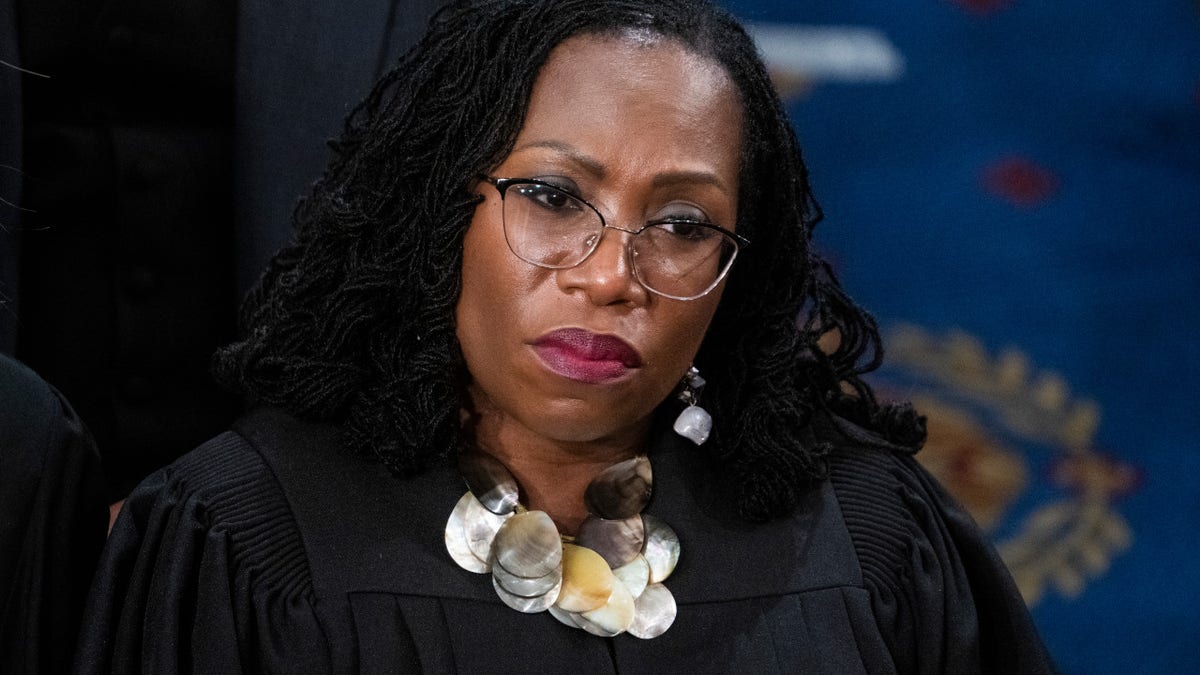Two federal death row inmates, Shannon Agofsky and Len Davis, are refusing President Biden's commutation of their sentences to life imprisonment. Currently housed at the U.S. Penitentiary in Terre Haute, Indiana, they argue that accepting clemency would jeopardize their ongoing appeals, which benefit from heightened scrutiny due to the nature of their sentences.
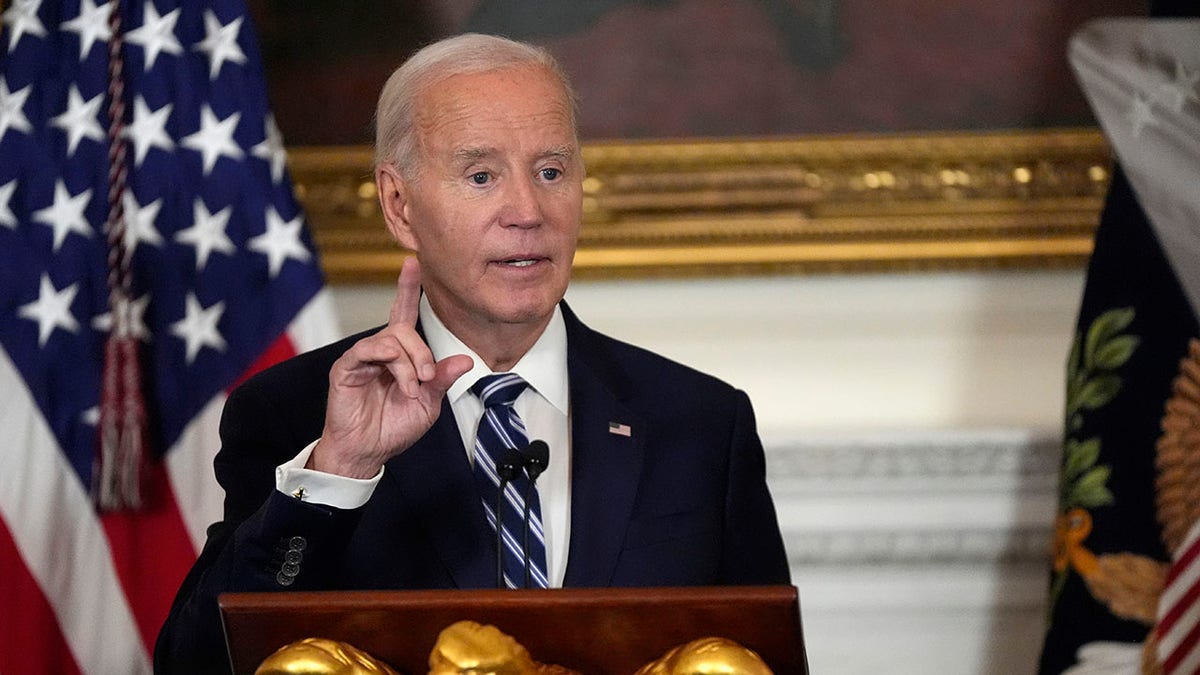
Agofsky and Davis filed emergency motions in federal court seeking an injunction to prevent the commutation. They contend that the heightened legal scrutiny afforded to death penalty cases is crucial to ensuring fairness and identifying potential errors. Accepting clemency, they claim, would remove this vital safeguard and undermine their ongoing appellate procedures.
Agofsky, convicted in the 1989 murder of an Oklahoma bank president and later in the 2001 death of a fellow inmate, argues that accepting commutation would prejudice his efforts to challenge both convictions. 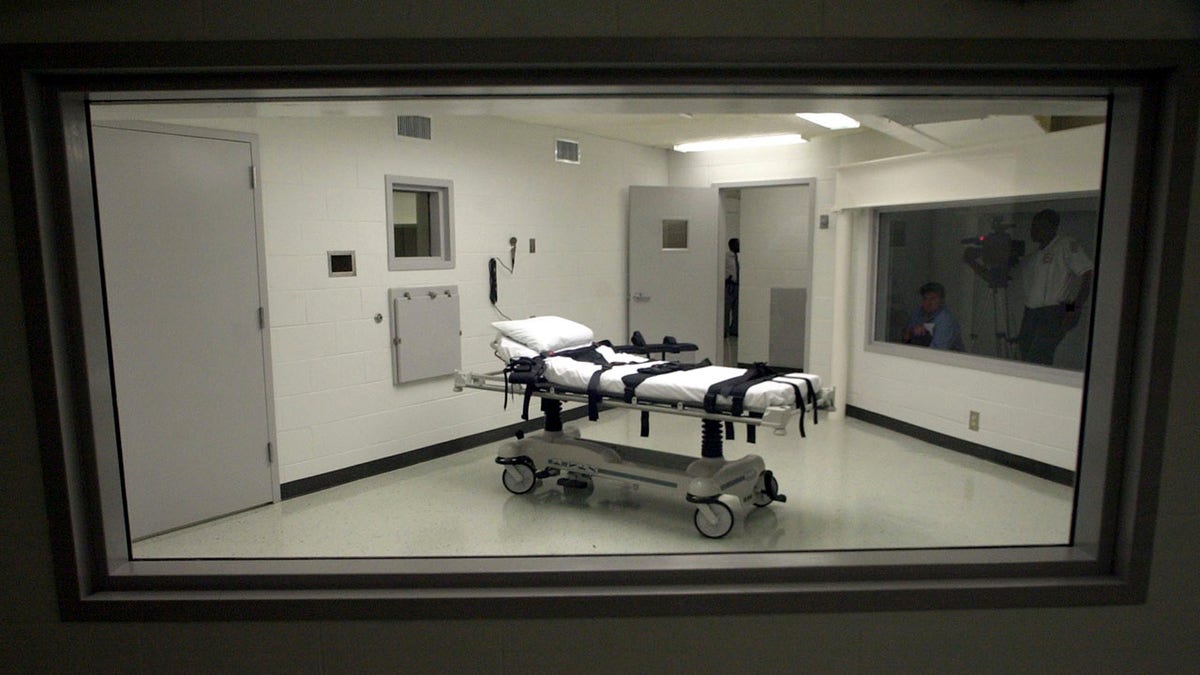
Davis, a former New Orleans police officer convicted in connection with the 1994 murder of a woman who filed a complaint against him, maintains his innocence and challenges the federal court's jurisdiction in his case. 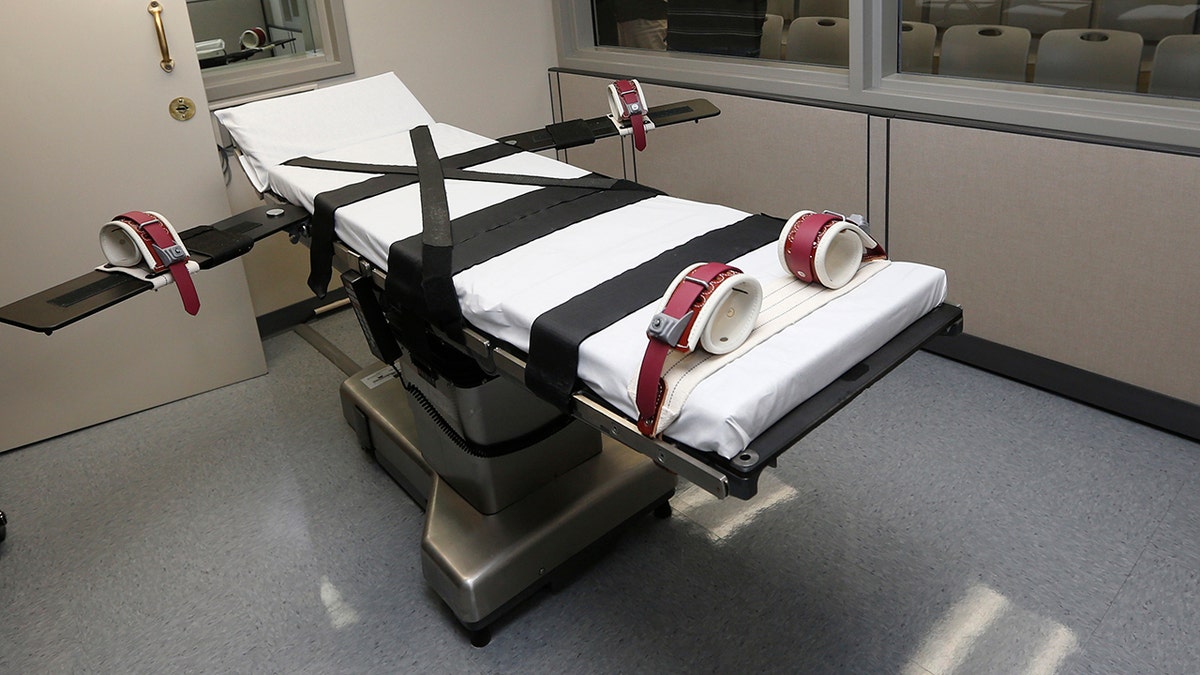
While acknowledging the legal ambiguity surrounding their situation, both inmates emphasize they never sought commutation. They point to a 1927 Supreme Court ruling affirming a president's right to grant clemency without consent. Agofsky’s wife revealed that he declined earlier encouragement to seek commutation, prioritizing the legal advantages associated with a death sentence appeal. She insists he seeks to clear his name, not merely avoid execution.
President Biden’s commutation of 37 death row sentences, part of a broader move to halt federal executions, sparked controversy. He cited moral objections to capital punishment, particularly as a new administration prepared to potentially resume executions. Notable exceptions to the commutations included individuals convicted in high-profile acts of terrorism and mass violence.




